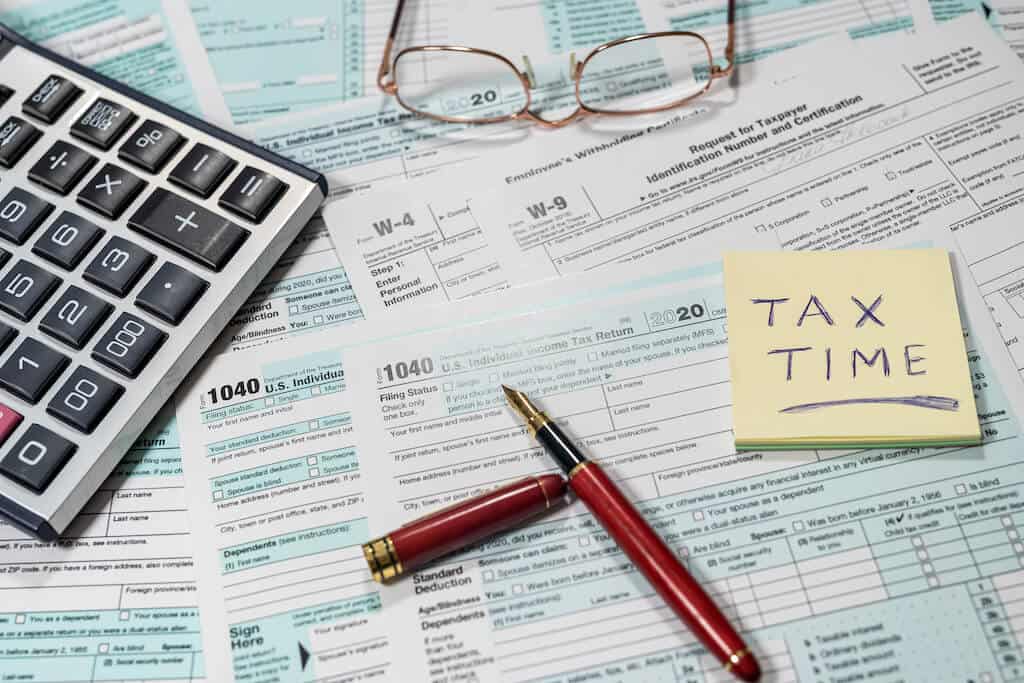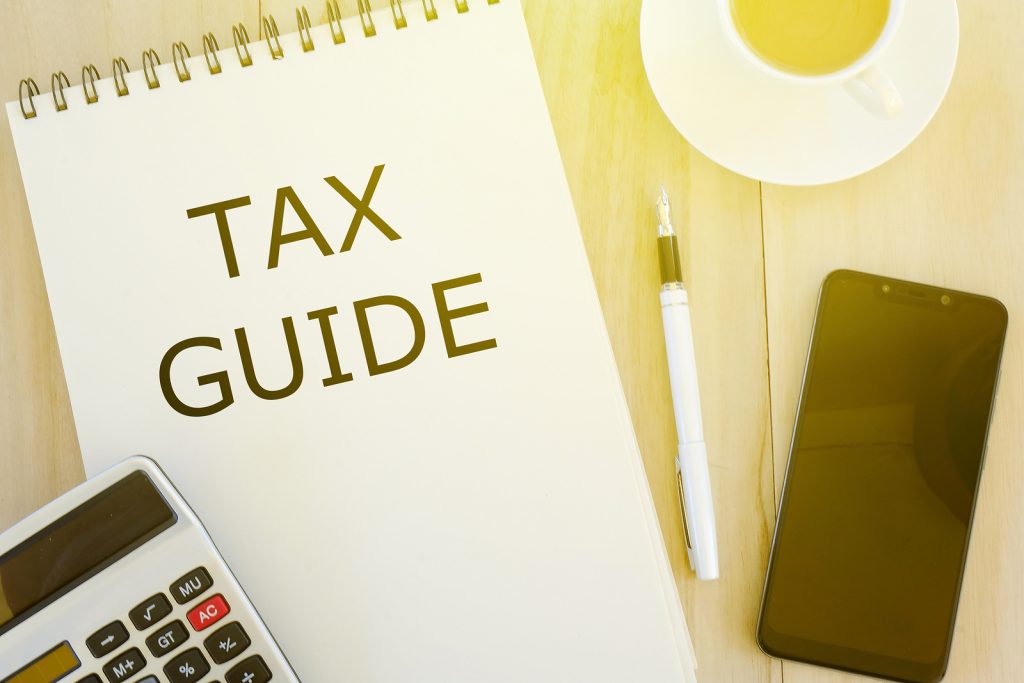FATCA – Foreign Account Tax Compliance Act
December 1, 2022 | Foreign Bank Account, Foreign Earned Income, Investing, Tax Forms | 5 minute read
Expat Tax Blog. Tax Tips for US Americans abroad.
 All blogs are verified by IRS Enrolled Agents and CPAs
All blogs are verified by IRS Enrolled Agents and CPAs

Have you ever been daydreaming and wondered to yourself, “What is FATCA?” Maybe that’s why you’re reading the page right now. I knew we’d find our fellow tax geeks eventually. Ok, ok, of course, maybe you haven’t! However, if you’re a US citizen living abroad, you should probably ask yourself this question at least once in your life. FATCA, also known as the Foreign Account Tax Compliance Act is a pretty important thing to know about for Americans abroad.
Basics of FATCA – Foreign Account Tax Compliance Act
FATCA is short for Foreign Account Tax Compliant Act. It’s a federal law that requires foreign financial institutions to report back data about their US account holders’ finances.
Some examples of foreign accounts could include:
- Banks
- Mutual funds
- Hedge funds
- Some insurance policies
- Foreign Partnership interests
FATCA laws require US citizens to disclose this information. The IRS uses the information you provide to prevent illegal money laundering abroad.
What does FATCA mean for Americans living outside the United States?
It means that if an American opens an account with a non-US bank, that bank must comply with FATCA laws. Period. If the bank fails to comply, they could have to deal with some pretty unhappy folks back at the IRS – and nobody wants that.
To avoid issues with FATCA, some institutions will straight up refuse to allow Americans to hold accounts with them. Because some foreign banks don’t want to comply with US law, you may find yourself rejected when trying to open an account. Even worse, some Americans with accounts they held before the law went into effect could face closure by the banks. Crazy right?
What’s more, some Accidental Americans – those who may have US citizenship but never lived in the US – are giving up their citizenship to avoid FATCA.
Suppose they do let you open an account. You’re going to be filling out a lot of paperwork. If that account is a joint account with a foreign partner or spouse, they may need also to fill out some paperwork as well.
For you, these documents will ask for your US social security number. This way, the IRS and US Treasury can keep tabs on your foreign accounts.
For your spouse on a joint account, the bank will need their permission to share their financial information with a foreign-to-them government.
As an American abroad, do I have to do anything else?
You’re required to fill out form 8938 in addition to e-filing the FBAR if the total value of your foreign financial assets you have an interest in is more than the appropriate FATCA reporting threshold. The threshold starts at $200,000 for US taxpayers abroad.
To make your life easy, we’ve created this graph of IRS’ full details about reporting thresholds. Married couples filing jointly who need to fill out form 8938 can fill out a single form between them. These are just a couple of several tax forms you should be aware of.
| FATCA REPORTING FOR US TAXPAYERS | FILING STATUS | THRESHOLD ON DEC 31st | THRESHOLD ANYTIME |
|---|---|---|---|
| Taxpayers living in the United States | Single | $50,000 | $75,000 |
| Married Filing Jointly | $100,000 | $150,000 | |
| Married Filing Separately | $50,000 | $75,000 | |
| Taxpayers living abroad | Single | $200,000 | $300,000 |
| Married Filing Jointly | $400,000 | $600,000 |
Why do I need to submit the FBAR when I already have to file FATCA?
Any American who holds more than $10,000 in accounts outside the US at any time throughout the tax year needs to report it via the FBAR. That’s a Report of Foreign Bank and Financial Accounts or FinCEN Form 114. Additionally, any American who is not filing jointly, whose total foreign assets reach $200,000 on the last day of the tax year or $300,000 at any time throughout the year needs to fill out FATCA.
Filing two forms to report your financial accounts might seem a bit redundant.
However, in truth, when you file either one, you are reporting to two different organizations. Correct, they are not going to the same place. The IRS collects Form 8938. This means you can submit it at the same time as you do your annual tax return. The FBAR is sent to the Financial Crimes Enforcement Network (FinCEN). You’ll need to file this separately.* That’s why you usually can’t file both your taxes and the FBAR at the same time.
*UNLESS, that is, you file through MyExpatTaxes. We’re the only software that lets you do your taxes and your FBAR simultaneously. Oh, and it won’t even cost you extra. We include your FBAR and FATCA filing when you file through us. Pretty tough to argue with that.
How to report overseas finances
As we’ve already mentioned, all you have to do to report your financial assets is fill out the appropriate form when you file your taxes. MyExpatTaxes will automatically prompt you to file FATCA if your answers indicate you have over $200,000 in foreign assets during the tax year. We make it very simple!
When is the FATCA deadline?
All you have to do is attach your FATCA form to your usual tax return. So, the deadline is the same deadline as to when you file your taxes. The traditional tax filing deadline can be different for different people. Depending on your residency status and whether or not you owe taxes, the deadline can be different. Make sure you know when you need to file by and if you need to request an extension.
What happens if I fail to report my assets?
It is important to know there are penalties for failing to report properly. According to the IRS, you could face “$10,000 per violation, plus an additional penalty of up to $50,000 for continued failure to file after IRS notification, and a 40% penalty on any understatement of tax attributable to non-disclosed assets.”
That’s a complicated statement, so we’ll simplify it:
- If you don’t submit FATCA Form 8938, it could cost you $10k per missed filing.
- Plus, an extra $50k if you still don’t do it, after getting a warning from the IRS.
- Additionally, if you try to be sneaky and report fewer assets than you have, there’s a fee for that too. They’re going to charge you a 40% penalty on any undisclosed assets.
I’ve never filed form 8938, but I’m worried I should have
Don’t worry. If you need to amend your past tax returns we’re happy to help you with that. Even if you’ve failed to file ANY past tax returns since moving abroad we can get you easily caught up using the Streamlined Procedure. It’s the IRS’ very own amnesty program for Americans living abroad who never realized that had to report their annual income taxes.
We’re here to help
Next time you find yourself having a tax-related question when you’re daydreaming, think of us at MyExpatTaxes. We’re helping people with their taxes all day, every day.

Written by Ellen M
December 1, 2022 | Foreign Bank Account, Foreign Earned Income, Investing, Tax Forms | 5 minute read













